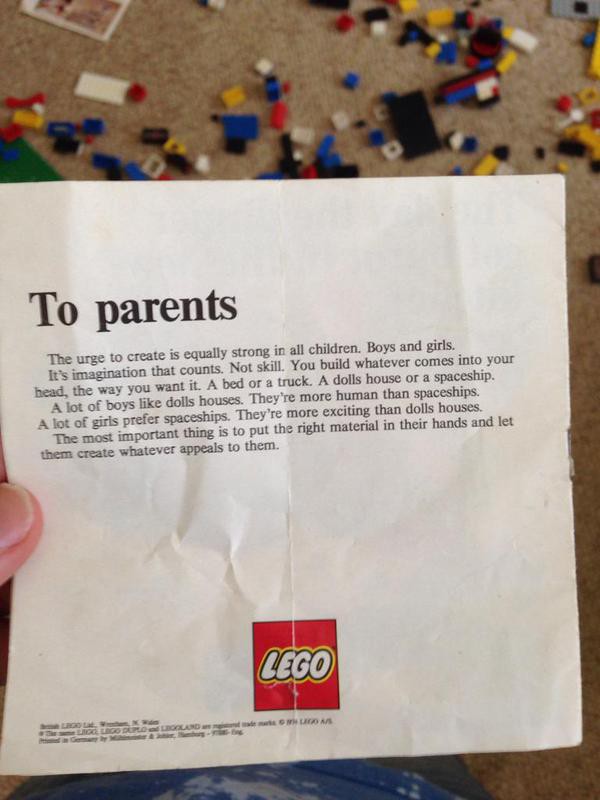First, the comment that @FakeTSR linked to:
It was never a fair fight between fundamentalist Christianity and D&D. One was a dangerous system full of dark mysticism and threats to warp a young mind beyond repair, and the other was a tabletop RPG.
And then, the article by Annalee Newitz:
Thirty years ago, a war raged between the dorks who played Dungeons & Dragons, and the conservative parent groups who believed that gaming was debauched at best and Satanic at worst. Lives were ruined. People died. And now that war is over. I still can’t believe we won.
[…]
Still, unlike my fantasy of being a hot half-elf, the Christians actually had some control over our lives. My best friend got kicked out of Catholic school for playing D&D, which we counted as a win because it meant she could come to our shitty public school and play D&D with us. Outside our southern California town, however, D&D players weren’t getting off so easily. They were ostracized by their peers, kicked out of public schools, and sent to glorified reeducation camps by parents who feared their children were about to start sacrificing babies to Lolth the spider demon.

Update, 28 March: Techdirt‘s Timothy Geigner sorrowfully points out that even though this particular moral panic eventually came to a happy end, the lessons of each significant outbreak of hysteria are not carried forward and the next professional pants-wetting politician or “concerned parent group” does not get the scrutiny they deserve.
As the article says, looking back from the vantage point of a world where entertainment is strewn with the fantasy genre, it’s stunning to see the propaganda that had been unleashed. Unsurprisingly, said propaganda has since been eviscerated, with all the common tales of kids killing themselves being shown to be completely unrelated to anything having to do with children’s games. Still, this kind of thing propagated like hell-fire. For all the normal, non-Satan-worshipping kids out there that were just trying to have a little fun, it must have seemed like insanity would rule the day. Fortunately, it didn’t.
[…]
Winners who are now all grown up and who have moved on to their next moral panic, be it violent video games, drill gangster rap, or any number of the next thing the younger generations will come up with. The cycle repeats. Every generation was young, became old, and feared the new young again. That’s too bad, but for those of us still reveling in our youth, real or imagined, it’s nice to know that the moral panic over video games, like all those before it, will eventually subside.





